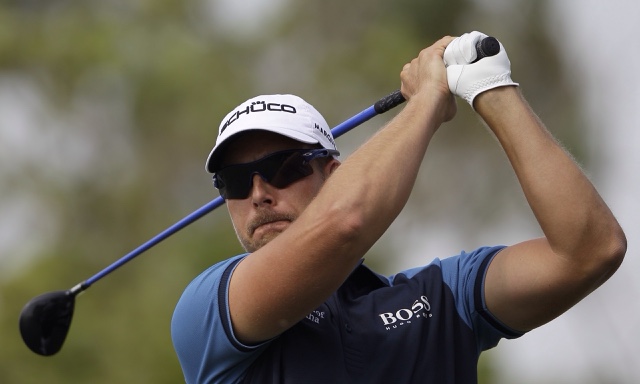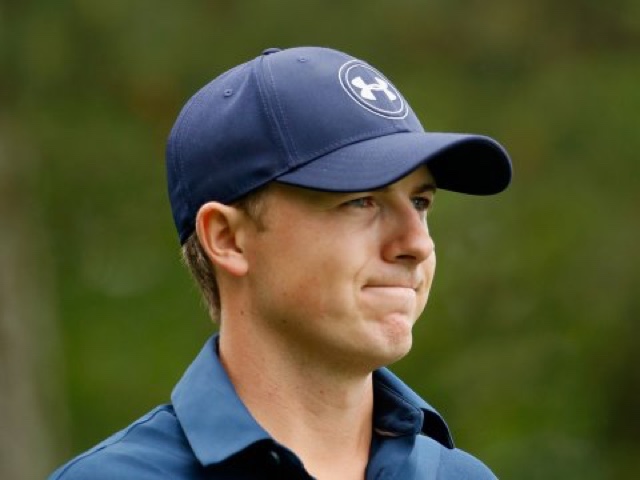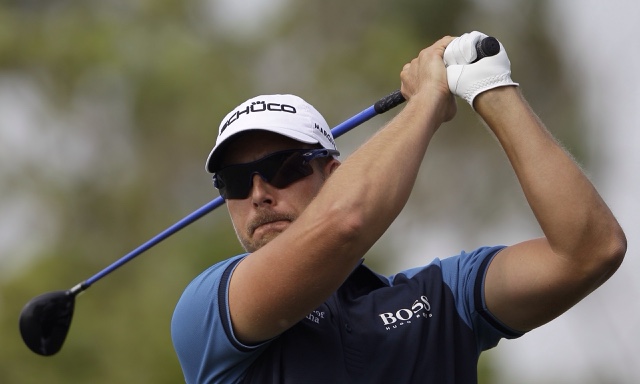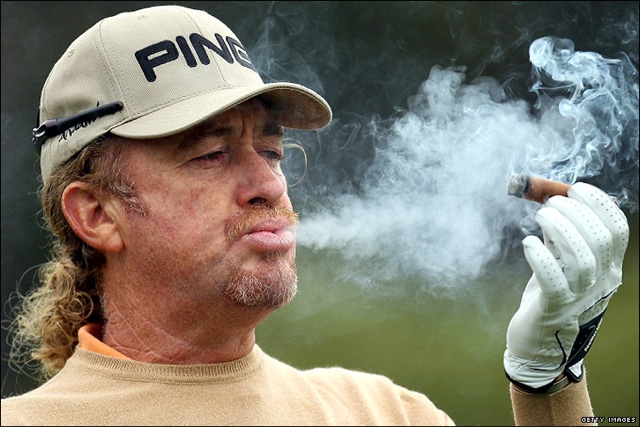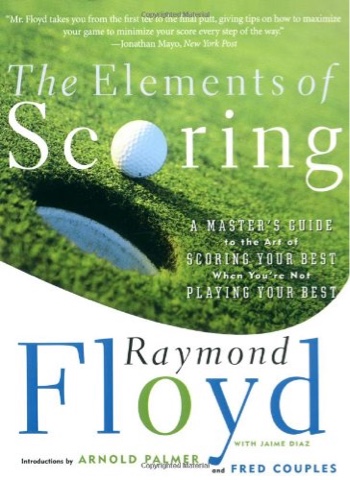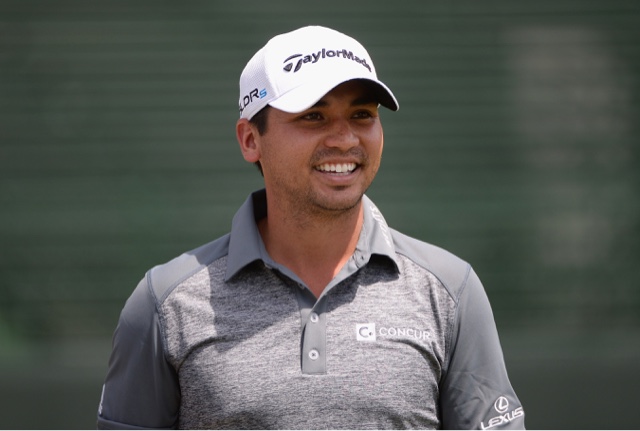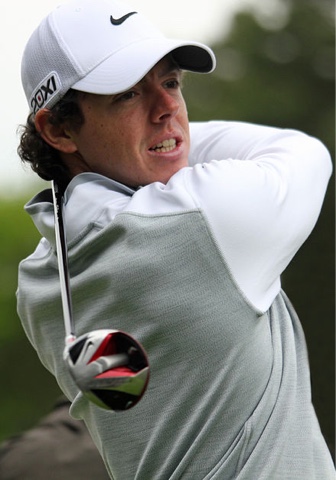It seems to me that every round of golf offers you the opportunity to learn something. In many cases what you learn is something you already knew, but perhaps had forgotten, or neglected. It seems, in golf, we need to learn, or be reminded of, the same things over and over again. Or, perhaps it's just me, but I don't think so. I also see many of my playing partners making the same mistakes every time we play. We're a bunch of slow learners.
I played today with Radar, Billy, and Carl. I have called him "Carl the Grumbler," but I've been told that perhaps Carl needs a new nickname since he's taken to breaking his age these days. Radar and I played Carl and Billy in a match in which you get a point for low man on a hole and a point for low team total.
I went out today feeling pretty good after having found something in my last few holes yesterday. I realized that I had been getting quick from the top, or in my change of direction. When I slowed it down and took it a little easier from the top I was hitting it really well.
After a par on the first hole, I birdied the second, and then managed to push-fade a tee shot on number three with a strong left to right wind. The ensuing lost ball, and three putts, ended in a triple bogey. I then took too much club on the par 3 fourth and struck a perfect shot over the pin and over the green, making a bogey. In two holes, I'd gone from one under to three over.
On the fifth tee, I push-faded another drive with a right to left wind and, after being forced to gouge the ball out of the fescue, made another bogey. On number 6, our signature par 5, I made an eagle, and followed that with three pars to go out in two over.
On the back nine I made two birdies, a double bogey and three bogeys, including a three putt on the last hole after a perfect tee shot to about twenty feet. I actually scuffed the green with my putter, getting the first putt about half way to the hole. I was watching the putter head go back again. So, to sum it all up, I shot 77 with a triple, a double, five bogeys, three birdies, and an eagle. If you read my scorecard, it could have been mistaken for a series of phone numbers instead of golf scores. I was up and down like a proverbial toilet seat.
Meanwhile, Carl played his usual game; hitting some good shots, some pretty lousy shots, and lots of perfectly acceptable shots. He missed several very makeable putts, but also got it up and down on several occasions when you might have bet against him. He managed to shoot 75.
Radar and I won the match, but Carl had the bragging rights for the low round. What did I learn? The same lessons I keep having to learn. Don't watch the putter head go back. Don't miss it long on number four. Don't miss it right on three, or five.
I also learned, once again, that Carl won't hesitate to beat you if you give him an opening. Despite all his missed putts--to hear him, he never makes anything--Carl never made worse than bogey and shot 75. Not bad for a 72 year old who, if you saw him swing, you would swear he couldn't break ninety. Carl readily admits that his swing is unothodox. He knows that he flips and scoops at his chips, and he aims left and pushes his putts back on line. But he gets the ball in the hole.
As Carl will tell you, that's what he's always been good at; getting the ball in the hole. Looking pretty doing so has never been an issue to him. There's a big lesson in that. Perhaps, if I concentrated more on getting the ball in the hole, rather than how I am swinging the club, I might actually play better.
As Radar and I watched Carl today, we commented several times on how hard he was grinding it out on every shot. He wants to get the ball in the hole on every putt. He wants to beat you. He never gives up. Carl grumbles when he misses putts he thinks he should have made--which, for Carl, is every putt--but he really isn't Carl the Grumbler, he's actually Carl the Grinder. He plays better than you think he should be able to play because he tries hard. Bobby Jones said he thought he won so many championships because he was willing to take more punishment, and he tried harder, than everyone else. That's the biggest lesson I learned again today. If you want to play your best, you've got to be a grinder. I learned again today that you've got to give every shot your best effort.
The real benefit of being a grinder is that, even if you don't play better, you have the satisfaction of knowing you played the best you could with what you had to work with on the day. Bobby Jones believed that this was the way to play. He didn't believe you should go out and just relax and have fun. He felt the way to really enjoy the game was to really throw yourself into the game and try to hit every shot as well as you possibly can. Grinding may seem like hard work, but totally immersing yourself in the game, and giving it your all, is the way to derive the most benefit from the game. I suppose it's like living every day as though it might be your last is the way to really live. Every shot you make where you didn't try your best is a shot wasted; just like every day taken for granted is a day wasted.
I think, next time out, I'm going to try to really grind it out. It may seem a bit like work, but if I can do it, I won't have any regrets. Besides, I'm getting kind of tired of having that old guy, Carl the Grinder, beat my sorry ass.


